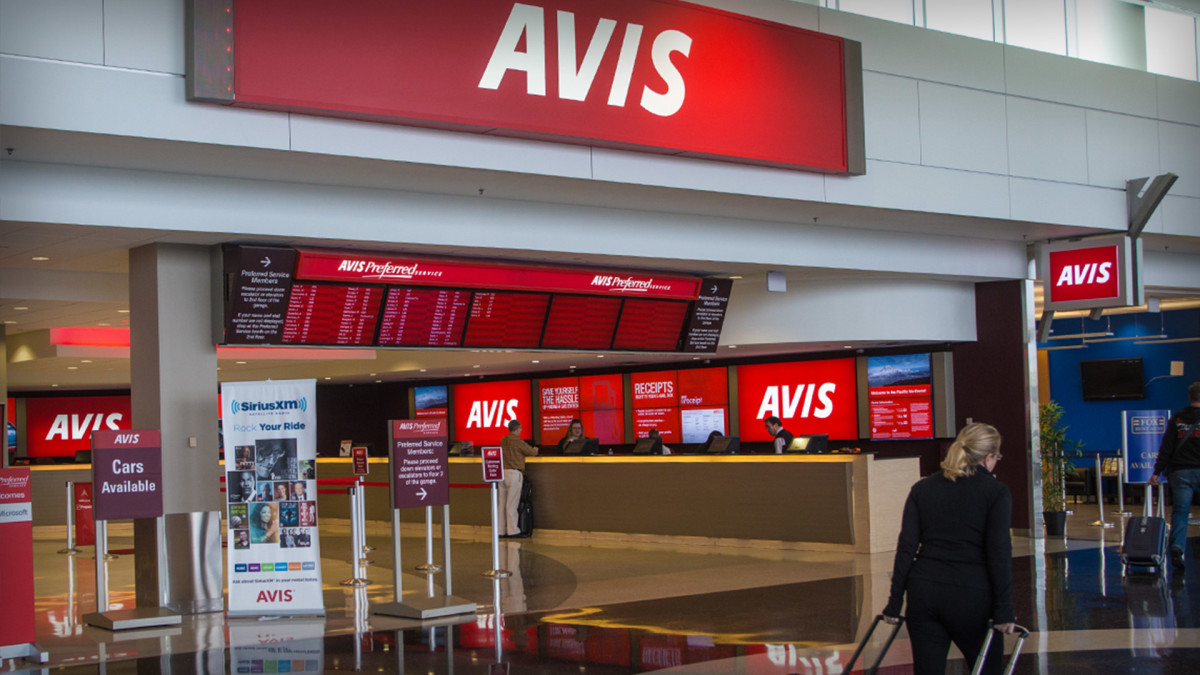Top Stories
Avis Must Pay $19M Over Hidden Fees in Urgent Car Rental Scandal

UPDATE: Avis Budget Group Inc. faces a major financial hit as it must pay $19 million to resolve a class-action lawsuit over hidden fees at its subsidiary, Payless Car Rental Inc. This urgent development comes as customers voice their outrage over misleading charges during the rental process.
The lawsuit alleges that between January 1, 2016, and November 25, 2023, Payless improperly charged renters for services such as the Gas Service Option (GSO) and Roadside Protection (RSP). This news is especially critical for consumers who have been struggling with poor customer service and excessive fees in the car rental industry.
According to the settlement details, consumers who rented from Payless in the U.S. are eligible for reimbursements up to $20 for GSO fees and $12 for RSP fees. This settlement, officially known as Bacon et al. v. Avis Budget Group, Inc., was filed in a New Jersey court and reached a preliminary settlement this year.
The lawsuit highlighted that Payless routinely added charges for GSO and RSP even when customers declined them or received insufficient disclosure. The plaintiffs argued this behavior violated the New Jersey Consumer Fraud Act and other state laws.
Next Steps: Affected consumers do not need to file a claim; payments will be issued automatically unless individuals opt out. The deadline for opting out or choosing a digital payment method is November 10, 2025, with a fairness hearing set for December 2, 2025.
This ruling offers a stark reminder of the risks associated with add-on fees in the car rental industry. “Car rental companies are quietly raising revenue through add-on charges, and recent litigation shows just how costly it can be to consumers,” said consumer advocate Christopher Elliott.
As Avis navigates this settlement, the company is also committing to reform its sales processes, ensuring that customers must provide affirmative consent before being charged for ancillary products. This operational change aims to increase transparency and compliance, but it may also impact the company’s revenue model moving forward.
For customers frustrated by hidden fees, this ruling could provide some relief. However, the implications for the broader car rental market remain significant. If stricter regulations are enforced, other rental brands may also face similar lawsuits, increasing overall legal and compliance risks in the sector.
As this story develops, it serves as a crucial reminder for consumers to remain vigilant about add-on charges when renting vehicles. The urgency of this settlement is clear—car rental companies must adapt to changing consumer expectations and regulatory landscapes or risk further legal challenges.
Stay tuned for updates as more information about the settlement unfolds.
-

 Top Stories4 weeks ago
Top Stories4 weeks agoNew ‘Star Trek: Voyager’ Game Demo Released, Players Test Limits
-

 World4 weeks ago
World4 weeks agoGlobal Air Forces Ranked by Annual Defense Budgets in 2025
-

 World4 weeks ago
World4 weeks agoMass Production of F-35 Fighter Jet Drives Down Costs
-

 Science4 weeks ago
Science4 weeks agoTime Crystals Revolutionize Quantum Computing Potential
-

 World4 weeks ago
World4 weeks agoElectrification Challenges Demand Advanced Multiphysics Modeling
-

 Business4 weeks ago
Business4 weeks agoGold Investment Surge: Top Mutual Funds and ETF Alternatives
-

 Top Stories4 weeks ago
Top Stories4 weeks agoDirecTV to Launch AI-Driven Ads with User Likenesses in 2026
-

 Lifestyle4 weeks ago
Lifestyle4 weeks agoDiscover Reese Witherspoon’s Chic Dining Room Style for Under $25
-

 Entertainment4 weeks ago
Entertainment4 weeks agoFreeport Art Gallery Transforms Waste into Creative Masterpieces
-

 Health4 weeks ago
Health4 weeks agoGavin Newsom Critiques Trump’s Health and National Guard Plans
-

 Business4 weeks ago
Business4 weeks agoUS Government Denies Coal Lease Bid, Impacting Industry Revival Efforts
-

 Science4 weeks ago
Science4 weeks agoRemembering David E. Brest: A Life Dedicated to Nature and Family









